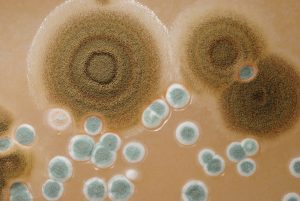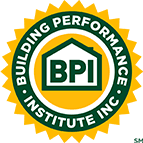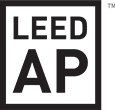Florida’s warm, humid climate creates a breeding ground for mold growth. This can pose a significant threat to both your health and the structural integrity of your home. While visible mold is a clear sign of a problem, even hidden mold growth can cause issues. This is why mold testing in Gainesville is a crucial step for homeowners.
Health Risks of Mold Exposure
Mold spores are microscopic and easily inhaled, leading to a variety of health problems. People with allergies and asthma are particularly susceptible, but even healthy individuals can experience symptoms like:
- Respiratory problems: Coughing, wheezing, shortness of breath, and irritation of the airways are common.
- Skin irritation: Itching, burning, and rashes can occur on exposed skin.
- Eye irritation: Redness, watering, and blurry vision might be experienced.
- Headaches and fatigue: Mold exposure can lead to persistent headaches and general tiredness.
In severe cases, mold exposure can trigger more serious health issues, including:
- Hypersensitivity pneumonitis: This inflammatory lung disease can cause difficulty breathing and other respiratory problems.
- Central nervous system problems: Mold exposure has been linked to memory problems, difficulty concentrating, and mood swings.
Mold’s Impact on Your Home
Beyond health concerns, mold growth can damage your property. Here’s how:
- Structural damage: Mold feeds on organic materials, including wood, drywall, and insulation. Over time, this can weaken the structure of your home.
- Decreased property value: A home with a known mold problem can be difficult to sell and may have a significantly lower market value.
- Increased insurance premiums: Some homeowners insurance policies may exclude coverage for damage caused by mold.
Why Professional Mold Testing Matters in Florida
While visible mold growth is a clear indicator of a problem, there are often hidden areas where mold can thrive. A certified mold inspector knows where to look for mold, even in difficult-to-reach areas. They use specialized equipment to identify hidden mold growth and assess the extent of the problem.
The Mold Testing Process
A typical professional mold testing process in Florida might involve:
- Visual inspection: The inspector will thoroughly examine your home for any visible signs of mold growth.
- Air sampling: Air samples are collected from various locations in your home to determine the types and concentration of mold spores present.
- Surface sampling: If visible mold is present, samples may be taken from the affected area to identify the specific type of mold.
What to Do After Mold Testing
The results of your mold test will determine the next steps. If no mold is found, you can take steps to prevent future growth by controlling moisture levels in your home.
However, if mold is present, a professional remediation plan will be necessary. This plan will outline the steps required to safely remove the mold and prevent it from returning.
When to Consider Mold Testing
Here are some situations where mold testing might be advisable:
- You suspect mold growth due to a musty odor or visible signs of mold.
- You’ve recently experienced water damage in your home.
- You’re experiencing persistent health problems that could be linked to mold exposure.
- You’re planning to renovate your home, and want to rule out mold growth beforehand.
Schedule an appointment with the mold remediation experts at North Central Florida Air Conditioning. Improving Lives by Improving Homes!








